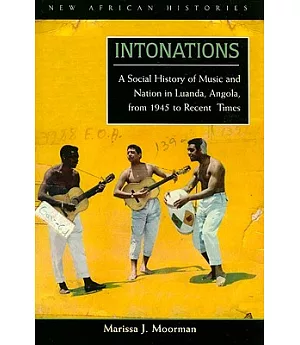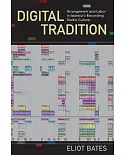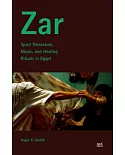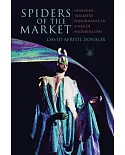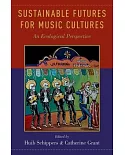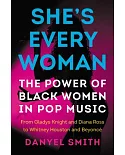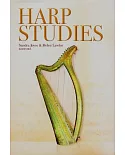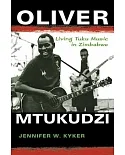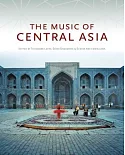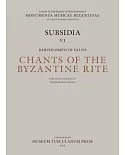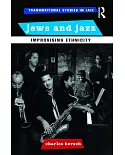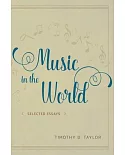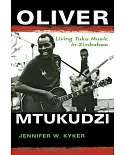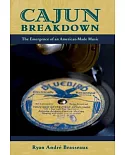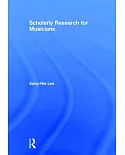Intonations tells the story of how Angola's urban residents in the late colonial period (roughly 1945-74) used music to talk back to their colonial oppressors and, more
importantly, to define what it meant to be Angolan and what they hoped to gain from independence. Author Marissa J. Moorman presents a social and cultural history of the relationship between
Angolan culture and politics. She argues that it was in and through popular urban music, produced mainly in the capital city of Luanda's musseques (urban shantytowns), that Angolans
forged the nation and developed expectations about nationalism. Through careful archival work and extensive interviews with musicians and those who attend performances in bars, community
centers, and cinemas, Moorman explores the ways in which the urban poor imagined the nation. The spread of radio technology and the establishment of a recording industry in the early 1970s
reterritorialized an urban-produced sound and cultural ethos by transporting music throughout the country. When the formerly exiled independent movements returned to Angola in 1975, they
found a population receptive to their nationalist message but with different expectations about the promises of independence. In producing and consuming music, Angolans formed a new image of
independence and nationalist politics. A compilation of Angolan music is included in CD format.

